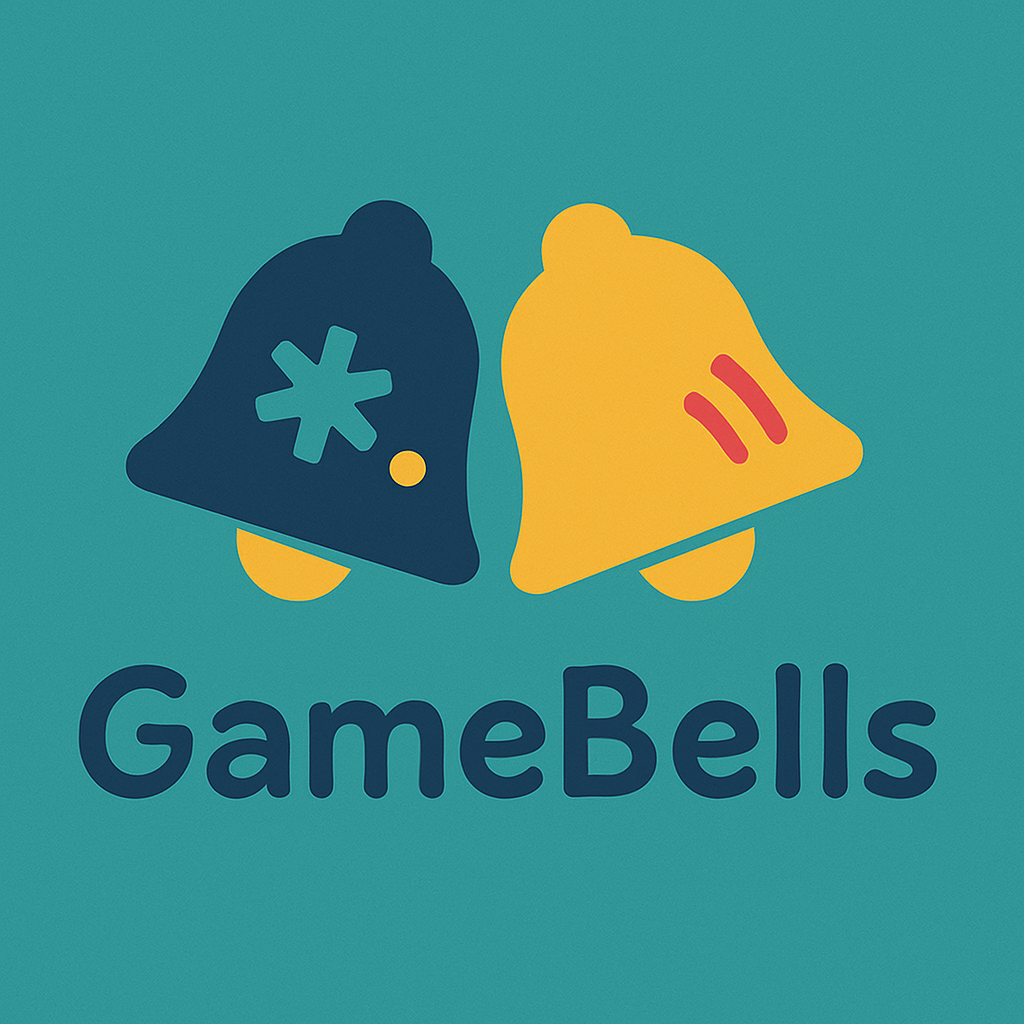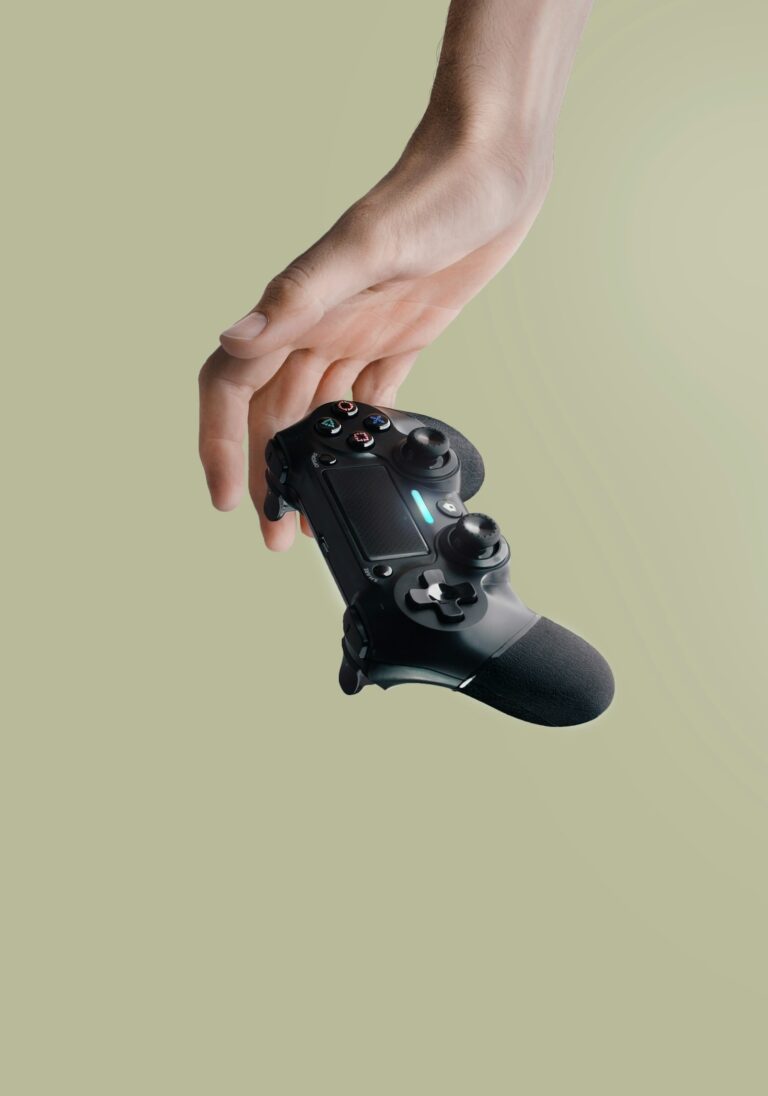
Come, know how to make games. Creating games involves several key steps, from planning and design to programming and testing. Here’s a basic guide to get you started:
Come, know how to make games
- Choose Your Game Idea
- Begin by deciding on the specific type of game you want to create, such as a puzzle game, platformer, or role-playing game (RPG). Consider the storyline, the characters involved, and the core gameplay mechanics that will make your game engaging and fun for players.
- Plan Your Game
- Take the time to sketch out your game’s overall layout, including the levels and user interface. Develop a detailed storyboard or flowchart to help visualize how players will navigate through the game and interact with its various elements.
- Select a Game Engine or Tool
- Choose a game engine that best fits your needs and skill level. Popular options include Unity, Unreal Engine, Godot, and GameMaker Studio. If you are a beginner, you might find it easier to start with simpler tools like Scratch or Construct to get a feel for game development.
- Learn the Basics of Programming
- Game development typically involves some level of coding. Common programming languages used in game engines include C# for Unity, C++ for Unreal Engine, and GDScript for Godot. There are numerous online tutorials and resources available to help you get started and build your programming skills.
- Create Game Assets
- Design or acquire the graphics, sound effects, and music needed for your game. You can create these assets yourself using software such as Photoshop for images, Blender for 3D models, or Audacity for audio editing. Alternatively, you can find free or paid assets available online to enhance your game’s presentation.
- Develop Your Game
- Begin building your game by adding gameplay mechanics, implementing user controls, and designing the user interface. Make sure to test your game frequently during development to identify bugs and fix any issues that arise to ensure a smooth player experience.
Next phase
- Test and Get Feedback
- Playtest your game thoroughly yourself and share it with friends, family, or online communities to gather valuable feedback. Use the input you receive to refine the gameplay, improve controls, and address any problems or glitches.
- Publish Your Game
- Decide on the best platform for releasing your game, such as Steam, itch.io, mobile app stores like Google Play or the App Store, or even your website. Consider your target audience and distribution options when making your final publishing decision.
Resources to learn more are listed below:
- Unity Learn (https://learn.unity.com)
- Unreal Online Learning (https://www.unrealengine.com/en-US/onlinelearning)
- Godot Documentation (https://docs.godotengine.org)
- Game development forums and communities
Remember this about making games
Remember, making games is a process that involves creativity, technical skills, and patience. Start small, keep learning, and have fun!




